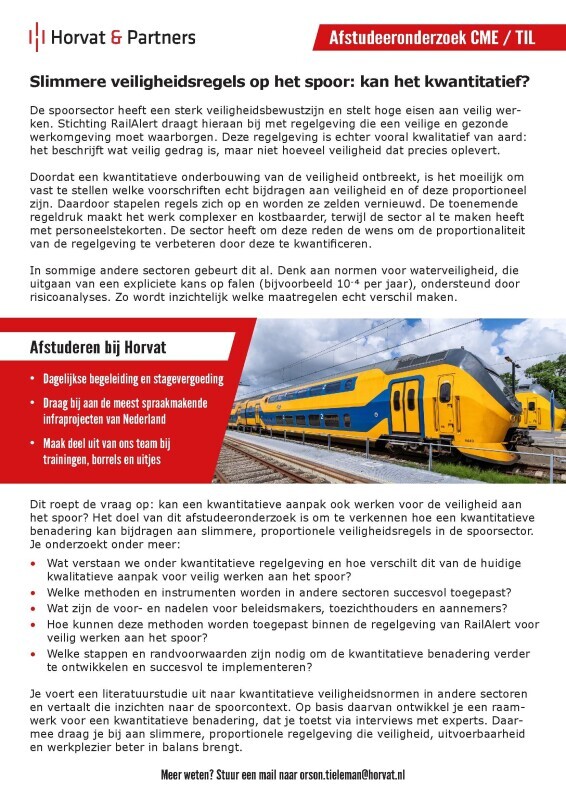

AMCS:
VRPs with Interdependent Orders
Project group: Kristian Milo Hauge (AMCS)
Project background:
In the world of waste collection, it is not always only about collection and waste. Specifically for bulk waste in skip containers, the container itself is often part of the optimisation. This includesndelivering, emptying, and sometimes returning the containers to their owners. A container that is not owned by the customer can be delivered to another customer who has requested the same type of container, instead of simply being returned to a depot. This can save a lot of driving to and from depots. However, because of this, and because a vehicle can only carry a handful of full containers at
a time, a route often consists of stops that are tightly connected to each other and even depend on each other. Scheduling of terminal stops and choice of terminals can also depend on and/or affect
the orders on a route. When there is a lot of interdependence between stops, an algorithm that is well suited for optimising other types of VRPs may not be well suited for this problem.
Project assignment:
Given real-life data, the task is to design and implement an algorithm for solving the described VRP.
Prerequisites:
Courses in Operations Research and knowledge of metaheuristics. Good programming skills are an
advantage.